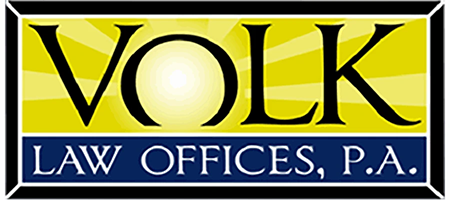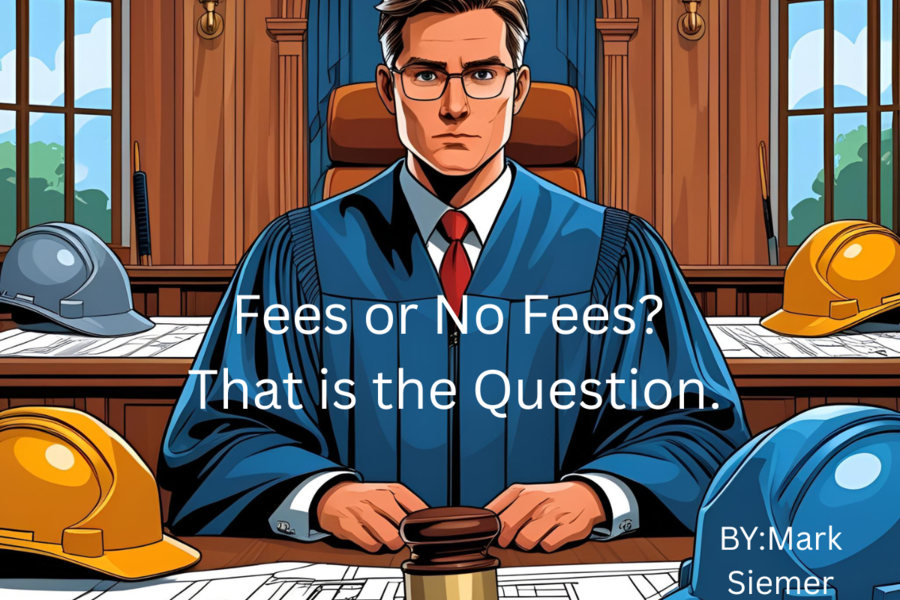Fees or No Fees? That is the Question.
Posted: June 10th, 2025
Written By: Mark Siemer
Attorney’s fees are a central issue in construction lien disputes, often driving litigation strategy and settlement negotiations. Traditionally, the prevailing party in a construction lien action could recover attorney’s fees under statutes like Florida Statute §713.29. That paradigm attempted to curb the number of cases that were being driven by fees. There are many instances of the party recovering a fraction of the cost of the attorney’s fees award. In some instances, this encourages Contractors to refuse to negotiate offsets with a property owner because they believe they will be able to recover 100% of the costs and attorney’s fees. In other cases, it causes property owners to pay a claim of lien that is exaggerated to avoid the risk of paying attorney’s fees despite proving they were entitled to offsets.
Recent appellate developments have brought significant clarification to the test for determining who, if anyone, is a “prevailing party” entitled to such fees.
The Supreme Court’s “Significant Issues” Test
In Trytek v. Gale Industries, Inc. the Florida Supreme Court, established the “significant issues” test for determining the prevailing party in construction lien litigation. This test requires courts to assess which party prevailed on the significant issues tried before the court, rather than simply awarding fees to whichever party won a monetary judgment or succeeded on a single claim. For example, if a Contract proves they are owed $12,000.00 for work performed and the Property Owner proves the Contractor caused $10,000.00 damages, the Court, after Trytek could find that neither party was the prevailing party because the property owner still had to pay the Contractor but the Contractor was entitled to a fraction of the amount claimed in the claim of lien.
This test reduced the amount of litigation in the industry because fees were no longer guaranteed to one party. But it left open the question of how much does a Contractor have to collect on their lien to be the prevailing party. Or put another way, how much does the property owner have to reduce the amount owed before they are safe from paying attorney’s fees.
New Appellate Opinion: No Prevailing Party When Both Sides Win Substantial Issues
Since Trytk v. Gale there have been relatively few cases analyzing the “significant issues test.” In May, the Second District Court of Appeals published a new opinion that reaffirms that the significant issues test applies to all the significant issues in the entire litigation. Meaning, if a party prevails on the significant issue in the lien claim but the opposing party prevails on a significant issue in a breach of contract claim, both can be considered when awarding attorney’s fees.
The court explained that the adversarial nature of lien litigation sometimes results in both sides achieving meaningful victories—such as a contractor enforcing part of a lien and an owner successfully defending against another portion. In such cases, the court or arbitrator is not compelled to declare a prevailing party. This means neither side is entitled to recover attorney’s fees from the other.
For example, in a multi-phase project, the property owner might not contest that phase one was completed, and the contractor is entitled to full payment for phase one. But the property owner might dispute the expenses incurred in the partially completed phase two of the project. If the property owner proves that the phase two expenses where not lienable, then the property owner may still be the prevailing party because it prevailed on the disputed portion of the lien or as the case law puts it “the real issues in the case.”
Impact: Reduced Frequency of Attorney’s Fee Awards
These clarifications will likely reduce the frequency with which attorney’s fees will be awarded in construction lien disputes. By recognizing that neither party may prevail when victories are split, courts are less likely to award fees reflexively. This shift encourages parties to carefully evaluate the merits of each issue before litigating and may foster more targeted, efficient dispute resolution. It also forces the parties to take a harder look at the value of the claim of lien at the very beginning of the case and seriously consider what offsets the lienor wants to include in the claim of lien to increase their chances of being awarded attorney’s fees.
The matters discussed here are general in nature and are not to be relied upon as legal advice. Every specific legal matter requires specific legal attention.
The law is constantly changing and matters discussed today may not be the same tomorrow. Legal matters are also subject to different interpretations by attorneys, judges, jurors and scholars. No attorney-client relationship is intended or created as a result of matters discussed here. You should consult counsel of your choice if you have any dealings in these areas of the law. Volk Law Offices, P.A. and its attorneys make no representations or warranties with respect to the accuracy or completeness of the matters addressed.

